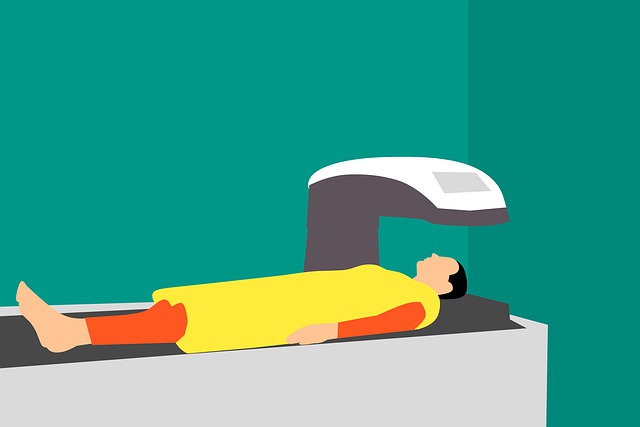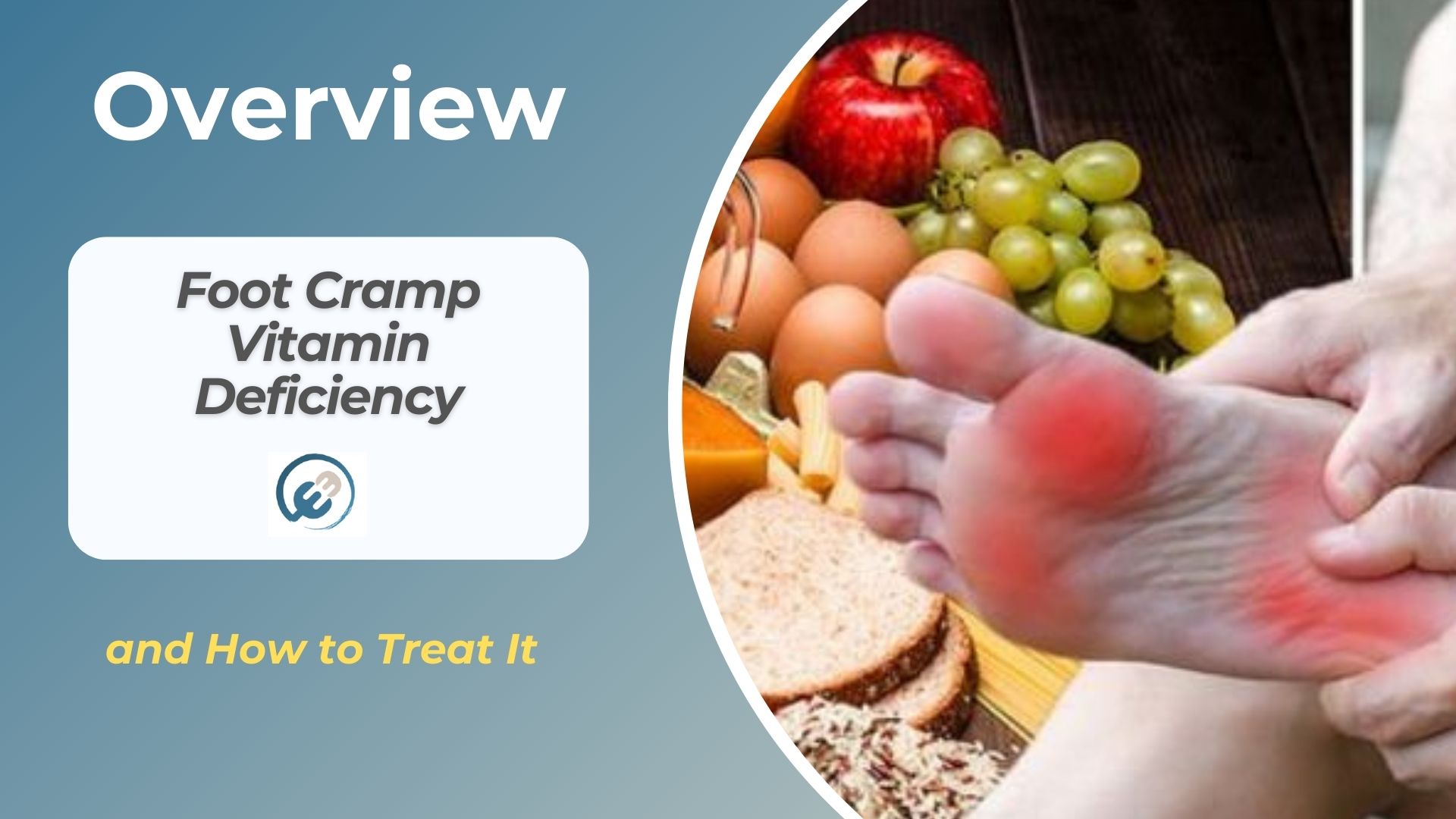Foot cramps are sudden, involuntary contractions of the muscles in your feet. They can be very painful and may keep you from doing the things you want to do.
Foot cramps can have many different causes, including vitamin deficiency.
In this blog post, we will discuss the details on vitamin deficiency which causes foot cramp and how to diagnose and treat it.
The most essential thing you can do to avoid foot cramps is to make sure you’re getting enough of the right vitamins and minerals in your diet.
We always urge our readers to consume foods rich in vitamins since care is preferable to cure.
What causes muscle cramps?

Vitamin deficiency is one of the most common causes of foot cramps. The most common vitamin deficiencies that can cause foot cramps are vitamins B12 and D.
Vitamin B12 is essential for the nervous system and for the production of red blood cells. A lack of vitamin B12 can lead to anemia, which can cause fatigue and muscle weakness, as well as numbness and tingling in the extremities.
Vitamin D is essential for bone health. A lack of vitamin D can lead to muscle weakness and pain, as well as bone loss.
Vitamin B deficiency
It’s the most common asked question that if vitamin B can be the cause of foot cramps. The answer is, unfortunately, yes.
A lack of vitamin B12 can lead to anemia, which can cause fatigue and muscle weakness, as well as numbness and tingling in the extremities.
Vitamin B12 is essential for the nervous system and for the production of red blood cells. A lack of vitamin B12 can lead to anemia, which is a condition in which there are not enough red blood cells to carry oxygen to the body’s tissues.
Foods High in Vitamin B
There are many foods that are high in vitamin B12, including:
- beef and chicken liver
- fish
- eggs
- milk and cheese
- fortified cereals and grain products
Vitamin D deficiency
Another common cause of the foot cramps is the deficiency of vitamin D.
Vitamin D is essential for bone health. A lack of vitamin D can lead to muscle weakness and pain, as well as bone loss.
It’s also very essential for the calcium absorption in our body. A lack of vitamin D can lead to a condition called rickets, in which the bones become soft and weak.
And when your bones become soft and weak, it can cause Foot cramps.
Although it seems like Foot cramps can be caused by many different vitamin deficiencies, the two most common deficiencies that cause Foot cramps are vitamins B12 and D.
Foods Rich in Vitamin D
There are many foods that are rich in vitamin D, including:
- oily fish
- egg yolks
- fortified milk and orange juice
- mushrooms
- fortified cereals and grain products
How to diagnose?

Now, in today’s world, virtually everyone carries a smartphone and reads a few postings to diagnose a variety of severe issues in minutes. The same diagnosis that took years for physicians to figure out. We are adamant against such tendencies.
It’s essential to understand how substances interact with one another before taking them together. However, in this situation, combining supplements and dietary instructions is not as hazardous.
If you are experiencing Foot cramps, the first step is to consult a physician.
A physician can order blood tests to check for vitamin deficiencies. They can also assess your diet and make recommendations for changes that may help improve your Foot cramp symptoms.
Once the physician has diagnosed a vitamin deficiency, they will likely recommend supplements to help correct the deficiency.
They may also recommend changes to your diet, such as increasing your intake of foods that are rich in the vitamins you are lacking.
If you are not deficient in any vitamins, there are still things you can do to help prevent Foot cramps.
You can try:
- Stretching your Foot and calf muscles regularly
- Wearing shoes with stiff soles to prevent excessive load through the midfoot and forefoot
- Taking breaks often if you are standing for long periods of time
- Exercising regularly
If Foot cramps are a frequent and severe problem, you may need to see a doctor to rule out other potential causes, such as nerve damage.
You can also order our online blood tests for vitamin deficiency which you can find here.
Treatments
There are many different ways to treat Foot cramps. Some people find that stretching or massaging the Foot and calf muscles helps to relieve cramping.
Others find relief by taking over-the-counter pain medications, such as ibuprofen or acetaminophen.
If Foot cramps are a frequent and severe problem, your doctor may prescribe medication to help prevent them.
Some people find that taking supplements helps to prevent Foot cramps. Supplements that may help include:
If you are deficient in any of these vitamins, your doctor will likely recommend supplements to help correct the deficiency.
And as discussed above, there’s no harm in taking supplements at home.
Summary
Foot cramps are a common and often painful problem. They can be caused by many different things, including dehydration, muscle fatigue, and vitamin deficiencies.
If you are experiencing Foot cramps, the first step is to consult a physician. A physician can order blood tests to check for vitamin deficiencies and make recommendations for changes that may help improve your Foot cramp symptoms.
If you are not deficient in any vitamins, there are still things you can do to help prevent Foot cramps.
You can try stretching your foot and calf muscles regularly, wearing comfortable shoes that provide good support, taking breaks often if you are standing for long periods of time, and exercising regularly.



